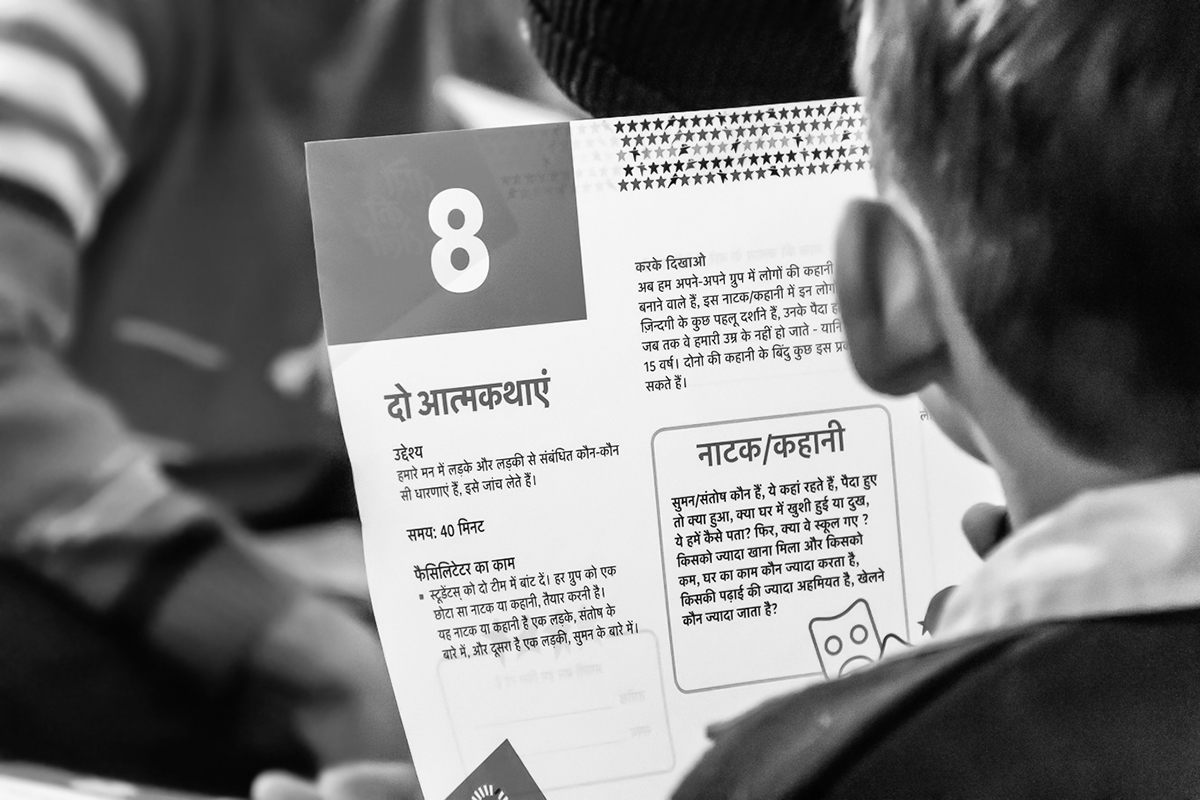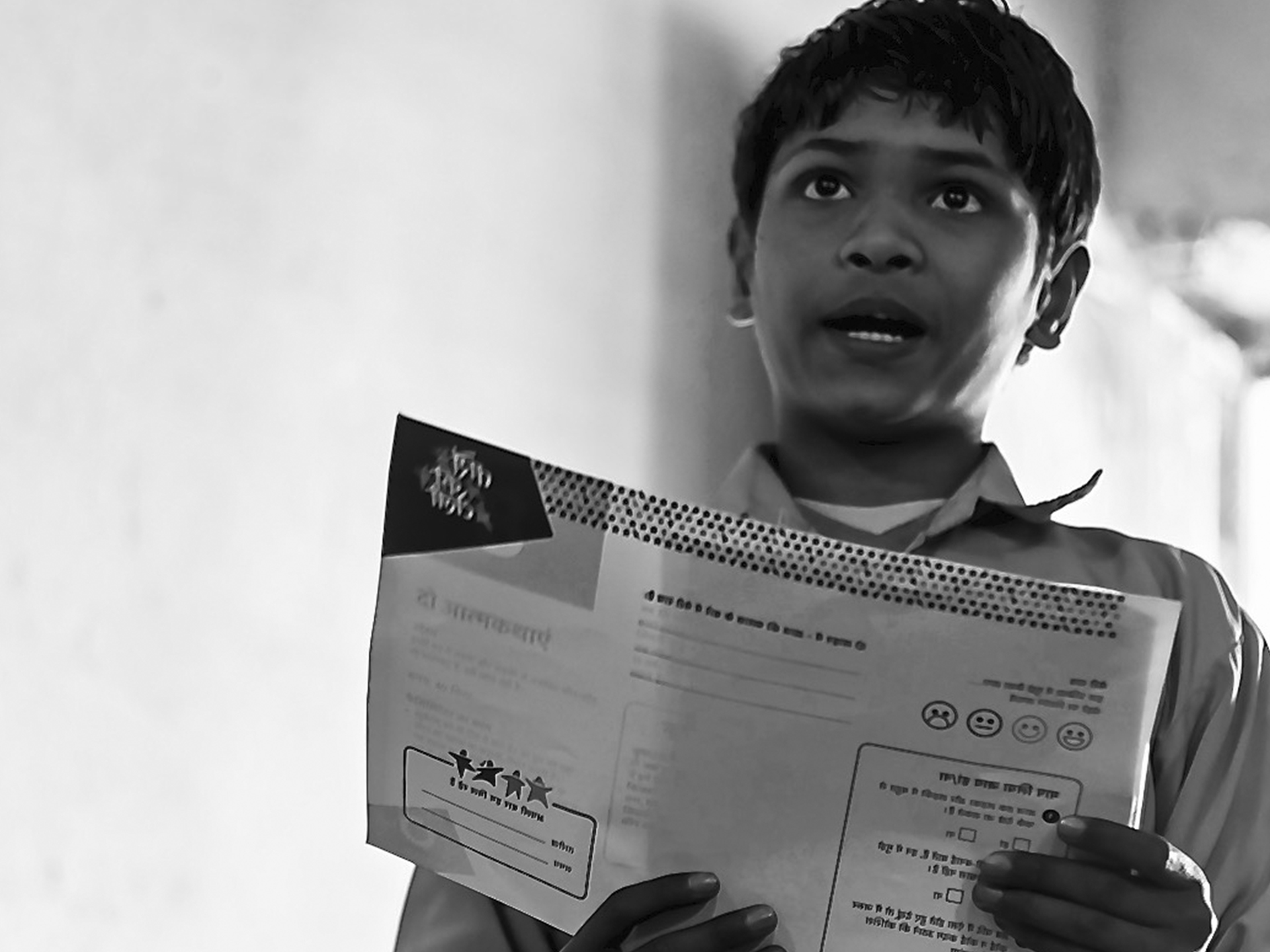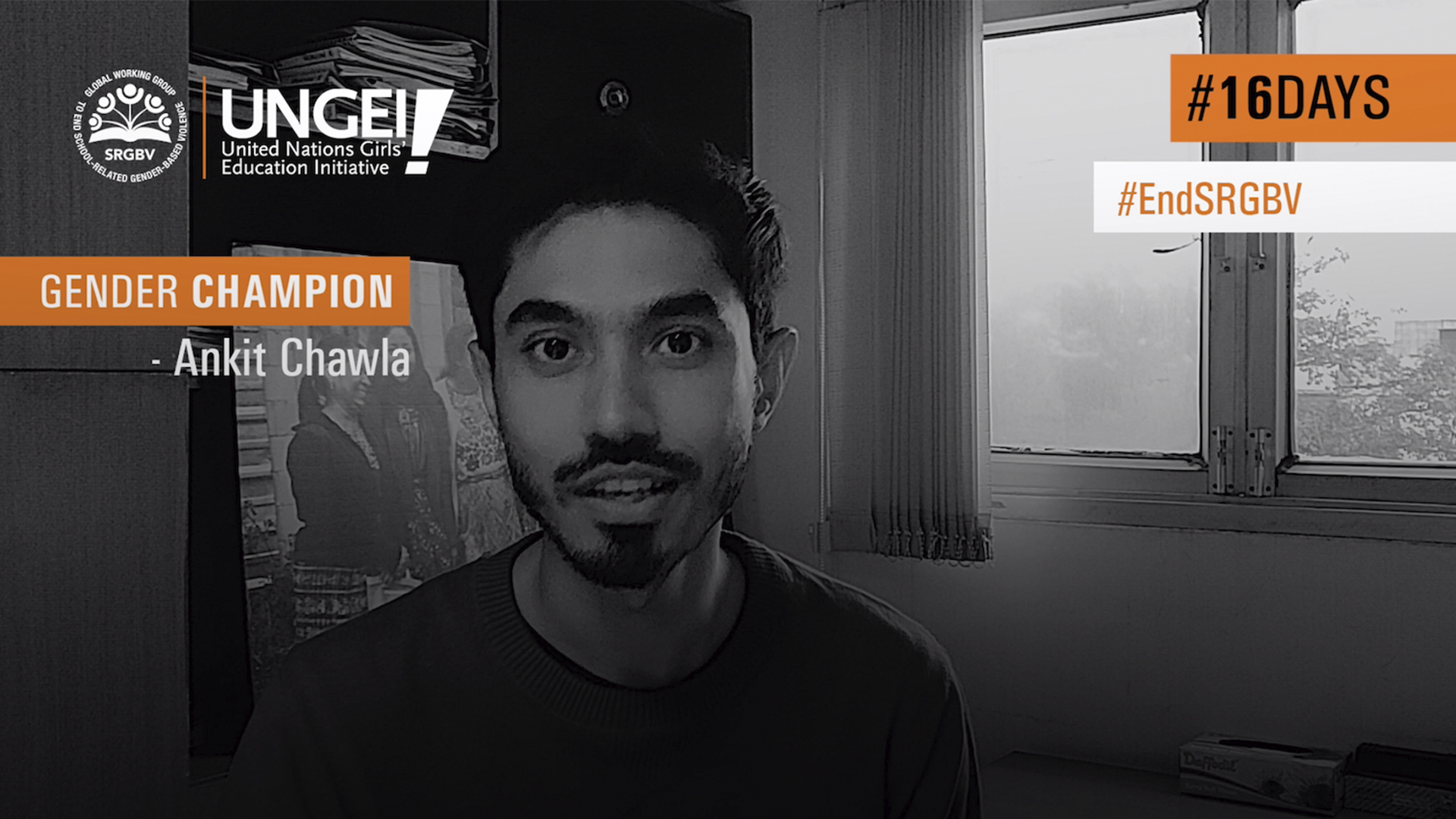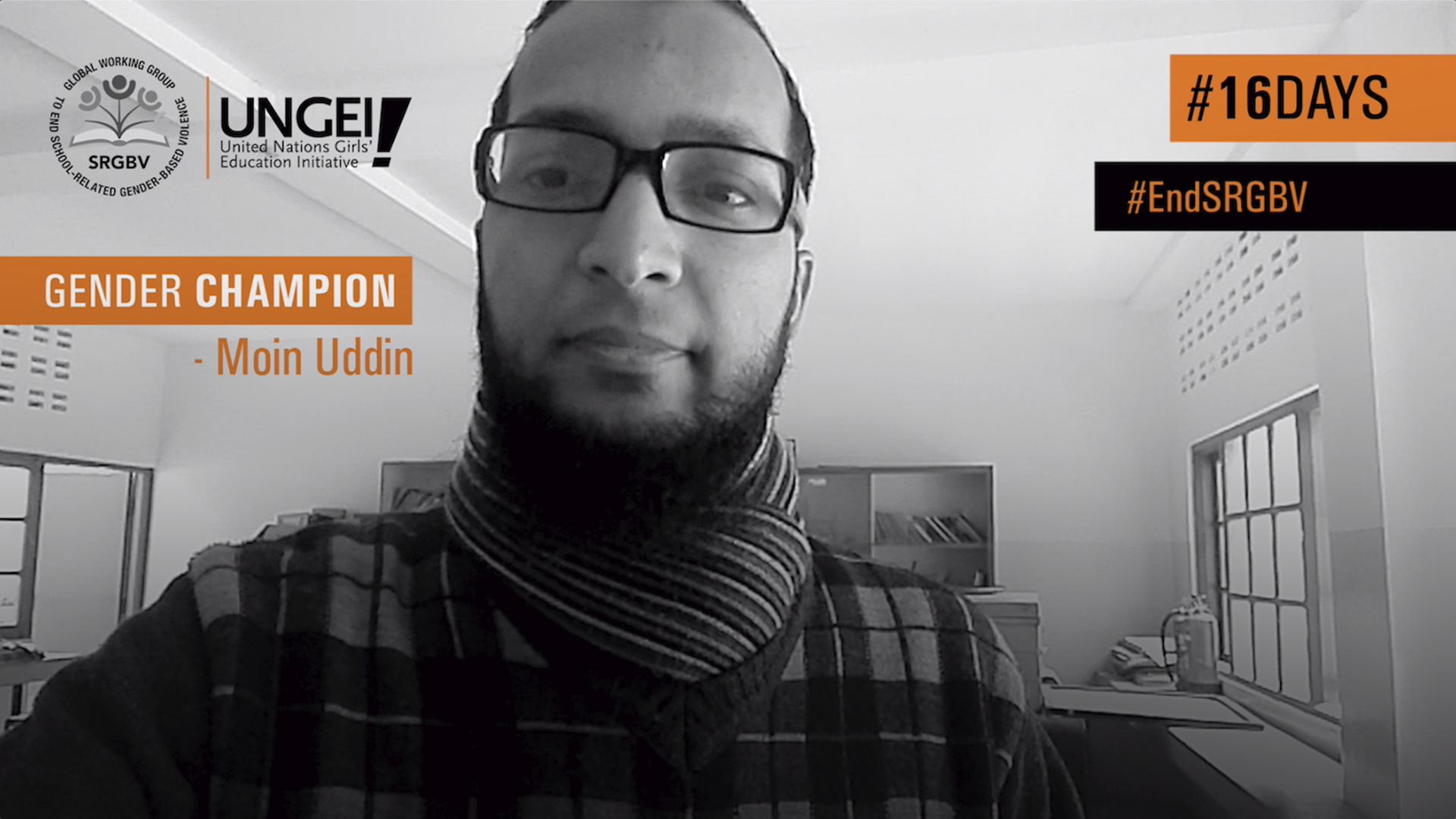Ideas and beliefs held by a group of people over time become ‘the norm’ and become a part of everyday life. However, beliefs and norms are not static — they can change.
Education can be a game changer especially when it allows students and teachers the space to challenge norms that are no longer working.
A gender transformative approach to education explicitly tackles social norms around gender, power and violence, but also beliefs, attitudes and values around male superiority and what it means to be a man or woman. As such it is critical to engage both sexes and gender non-conforming children and young people in dialogue about norms.
In addressing the root causes of school-related gender-based violence (SRGBV), we as a community (the members of the Global Working Group to End SRGBV) identify that it is critical to address gender inequality and that shifting norms at scale takes many years.
Shifting norms: theory into practice
To show what gender transformative approaches to education can look like in practice, I wanted to introduce two stand out examples of programmes which are working to shift the norms that maintain gender inequality.
The Taaron Ki Toli (Gang of Stars) Programme led by Breakthrough India has worked with teachers in 500 government schools and over 400,000 youth to shift beliefs such as girls’ education is less important than boys’ education or that girls are responsible for household chores. Breakthrough believes that youth can transform society by challenging the unspoken rules that keep girls and women from having less worth, opportunity and agency than boys and men. The Gang of Stars programme has supported adolescent boys and girls to examine gender norms and practices — including gender violence and discrimination — and take action on issues of gender rights and equality in their schools, communities, and families. Students underwent transformations into “gangs of stars”, change agents, who were able to prevent sexual harassment and child marriage within their schools and communities.

The Youth Living Peace Programme, led by Promundo with Instituto Promundo in Brazil and Heal Africa in DRC, recognises that violence is inter-generational — children who witness or experience violence at home or in school are likely to be perpetrators or subject to violence. The project works with boys and girls to address deep seated beliefs that normalise violence. Through school-based violence prevention trainings, adolescents talk about their own experiences of violence and the impact of gender inequality in their own lives.
Both initiatives are innovative in that they work at multiple levels and through schools. Through school-wide campaigns and advocacy using theatre and the arts, the programmes mobilise students, teachers and principals to community action. On the other hand, the projects advocate to local government, health and child protection officials, civil society organisations, the police and lawyers to establish safe reporting and referral mechanisms. While the intention of both initiatives is to challenge and shift attitudes and behaviours and harmful masculine and discriminatory norms, there is also a focus on working with the respective ministries and departments of education to enable scale up and integrate lessons on gender, sexual and reproductive health.
Programme evaluations have demonstrated significant gains in attitudes which were equitable towards the roles and privileges of girls and boys, and improved self-confidence from girls in asserting themselves and their aspirations.
These programmes demonstrate the critical role that education can play in transforming the school environment to be more respectful, equitable and inclusive. Perhaps even more importantly, they demonstrate the power of adolescents and young people to become change makers in their schools and communities, creating the kind of society they want in now and in the future.


